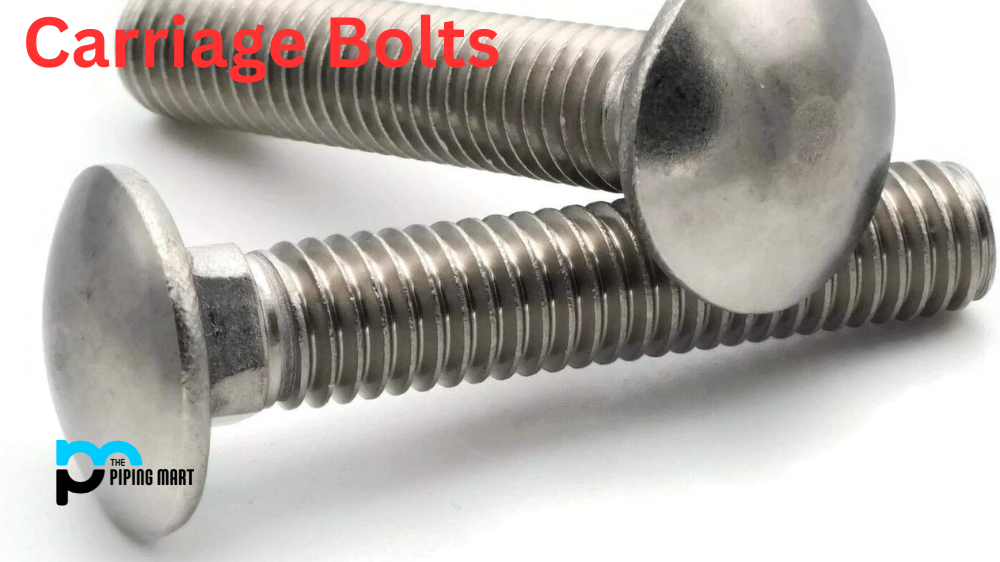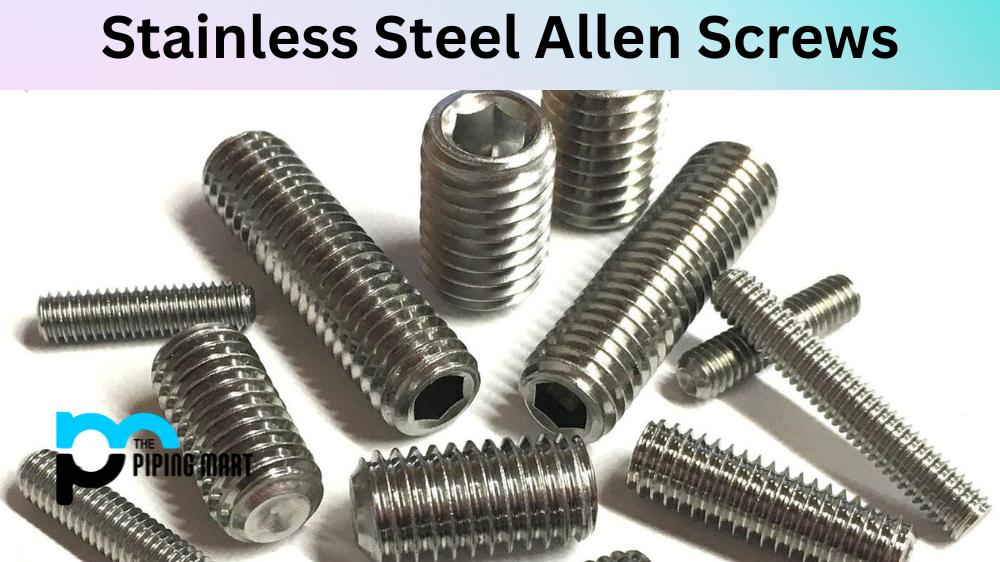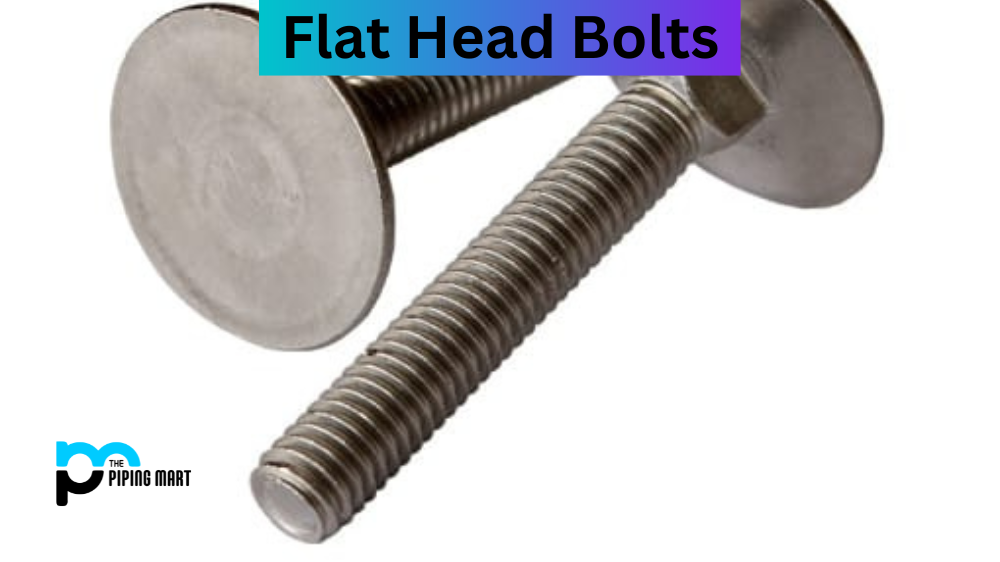Regarding fastening, carriage bolts are a popular and reliable choice for applications requiring a secure connection. Whether working on a woodworking project or installing a deck, carriage bolts offer a strong, durable solution that can withstand significant loads. This comprehensive guide will explore everything you need to know about carriage bolts, from their functions and features to installation and maintenance.
What are Carriage Bolts?
Carriage bolts are a type of fastener that consists of a cylindrical head with a flat and smooth bearing surface, a short square neck, and a threaded shank that extends through a pre-drilled hole. A square-shaped collar under the head prevents the bolt from turning during installation and provides additional support against tensile and shearing forces. Carriage bolts are commonly made of steel, stainless steel, brass, or other materials with high strength and corrosion resistance.
Carriage bolts, also known as coach bolts, are fasteners commonly used in wood-to-wood connections. They have a smooth, domed head and a square or flat shoulder beneath the head. The bolt’s shank is usually circular and has a threading on one end to secure it in place.
These unique features of carriage bolts make them ideal for structural applications where strength and stability are crucial. Unlike other bolts, carriage bolts have a large head that prevents them from being pulled through the material they are attached to. This makes them perfect for projects such as building decks or bridges.
But why should you choose carriage bolts over other fasteners? Well, for starters, they offer superior tensile strength compared to regular screws or nails. This means they can withstand heavy loads without breaking or bending easily. This makes them an excellent choice for constructing structures that require durability and longevity.
Functions and Applications of Carriage Bolts
Carriage bolts are designed to provide a secure and robust connection in various applications, from woodwork and furniture making to construction and machinery assembly. Common uses of carriage bolts include
- attaching metal plates or brackets to timber,
- fastening exterior features such as fences or gates,
- securing machinery parts and
- fixing structural elements such as beams or trusses.
Carriage bolts are often preferred over other types of bolts because of their ability to resist twisting or rotating, which can cause loosening and compromise the integrity of the joint.
Installation and Maintenance of Carriage Bolts
To install carriage bolts, you will need to drill a hole matching the diameter of the shank but slightly larger than the square neck. Insert the bolt from the smooth head side and place a washer and nut on the threaded end. Tighten the nut until the bolt head is pulled into the wood, creating a snug and flush fit. To avoid over-tightening, use a torque or socket wrench and apply gradual tightening until you reach the recommended torque value. Regular inspections of the bolts and their connections are necessary for maintenance to detect signs of wear, corrosion, or loosening. Avoid using carriage bolts in applications exposed to extreme weather or corrosive environments if possible.
Choosing the Right Carriage Bolts
When selecting carriage bolts, it is essential to consider the specific requirements of your application, including the material, size, thread pitch of the bolt, load capacity, and environmental factors. For high-stress applications, go for bolts made of hardened steel or heat-treated alloy with a higher strength rating. To protect against rust or corrosion, opt for stainless steel or galvanized bolts with a zinc or chrome coating. When selecting the size and thread pitch, consult the engineering specifications or guidelines relevant to your project.
Conclusion:
In summary, carriage bolts are an excellent choice for basic fastening needs due to their strength, reliability, and ease of use. Knowing how to select and install the right carriage bolts for your application can help ensure a safe and robust connection that meets your requirements and withstands time and loads. Remember to follow the recommended torque values, inspect the connections regularly, and choose the appropriate material, size, and thread pitch for your project. Whether you are a professional or a DIY enthusiast, mastering the basics of carriage bolts will give you the confidence and competence to tackle many fastening challenges.
Sakshee is a talented blogger, with a particular focus on the Business and Metal Industry. She is passionate about sharing her insights on various metal products and helping professionals to make a better decisions.




